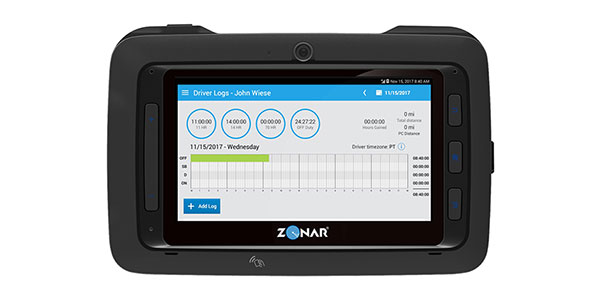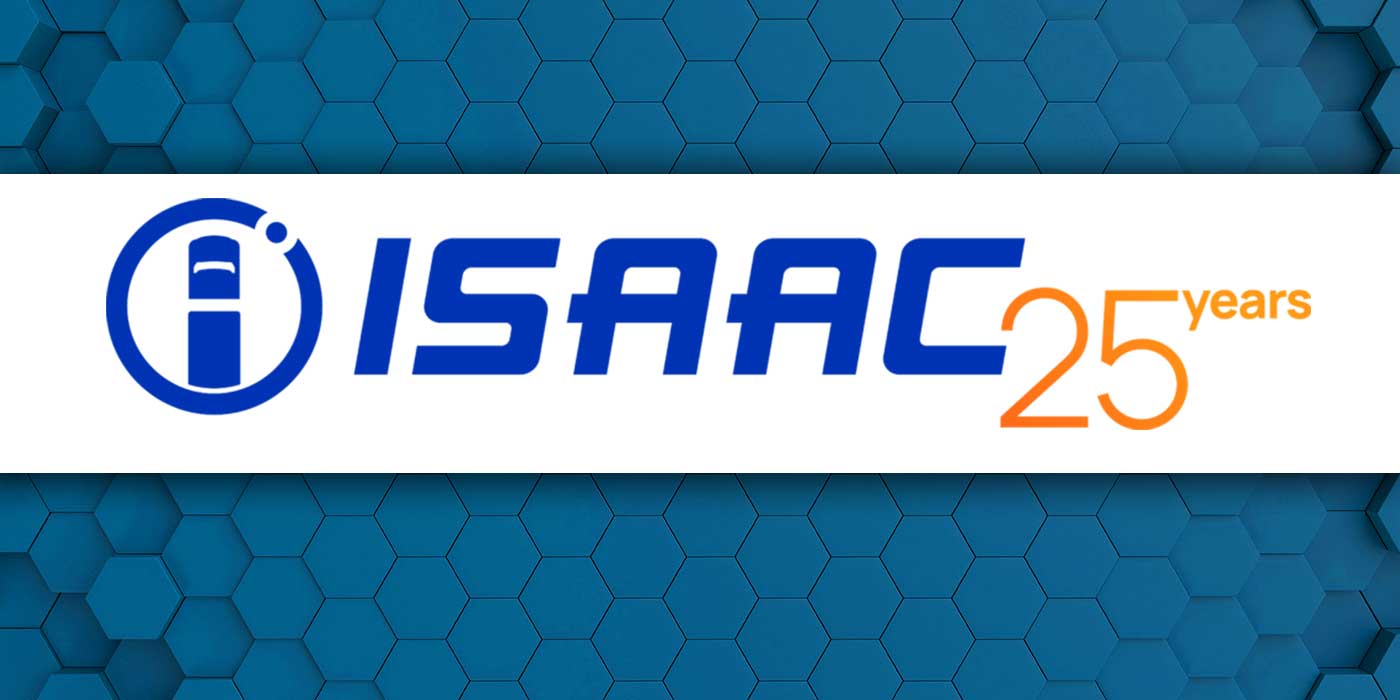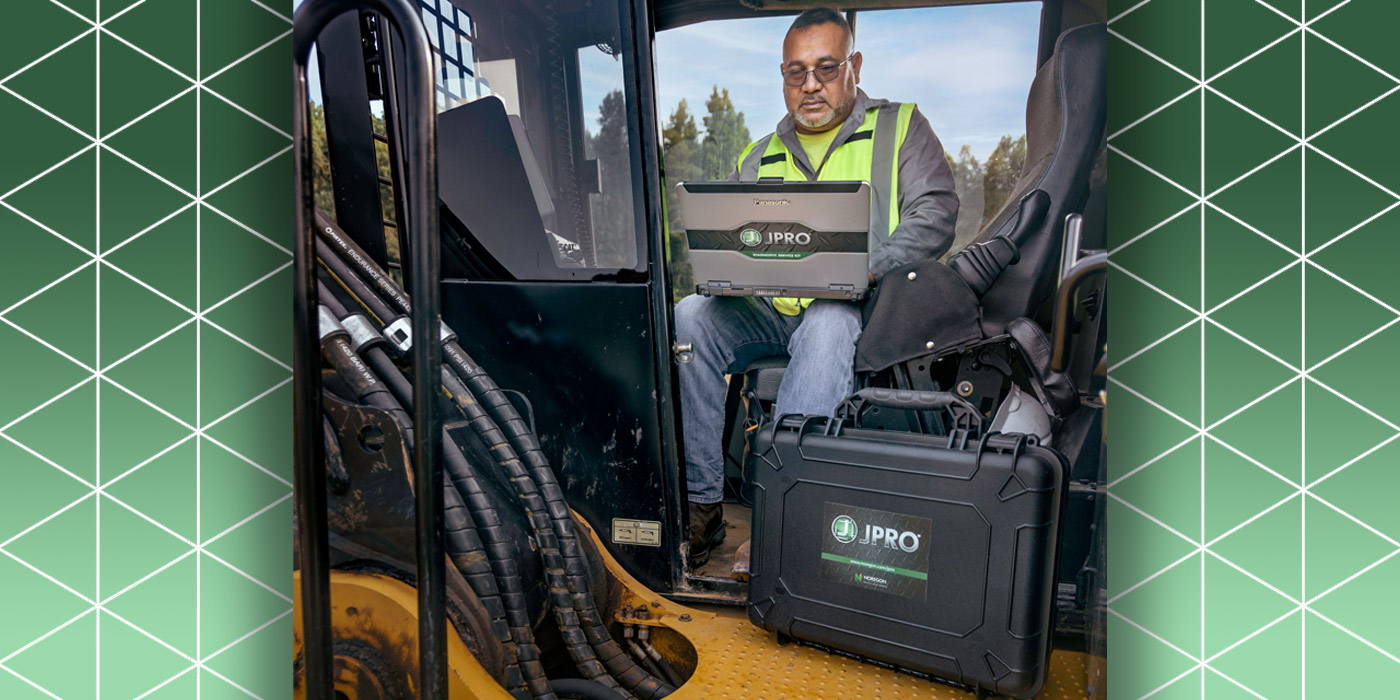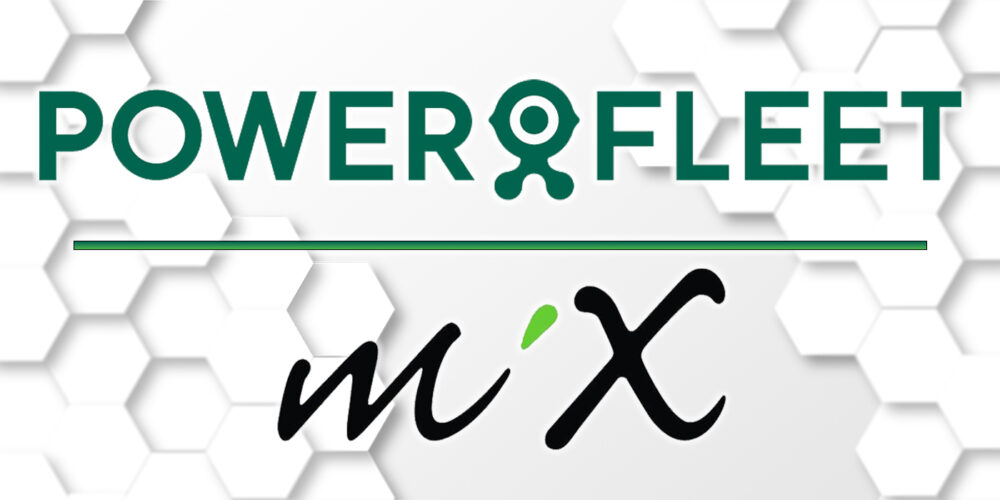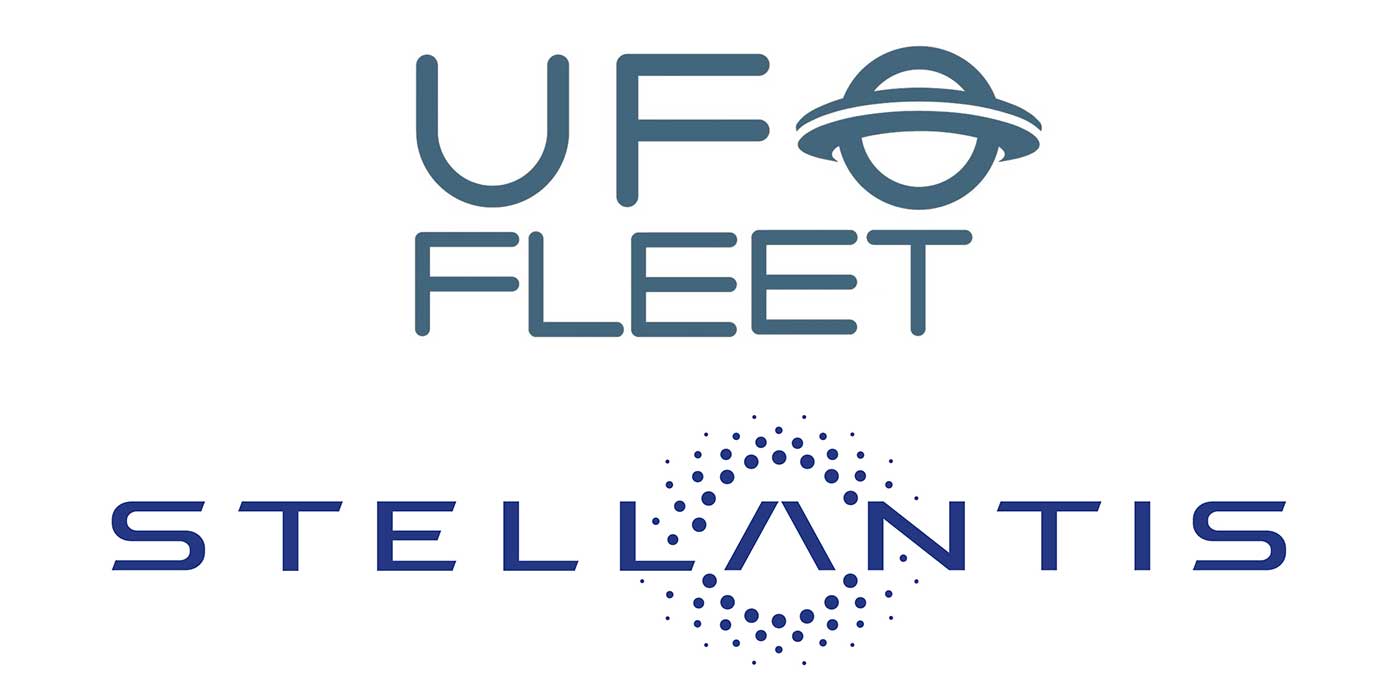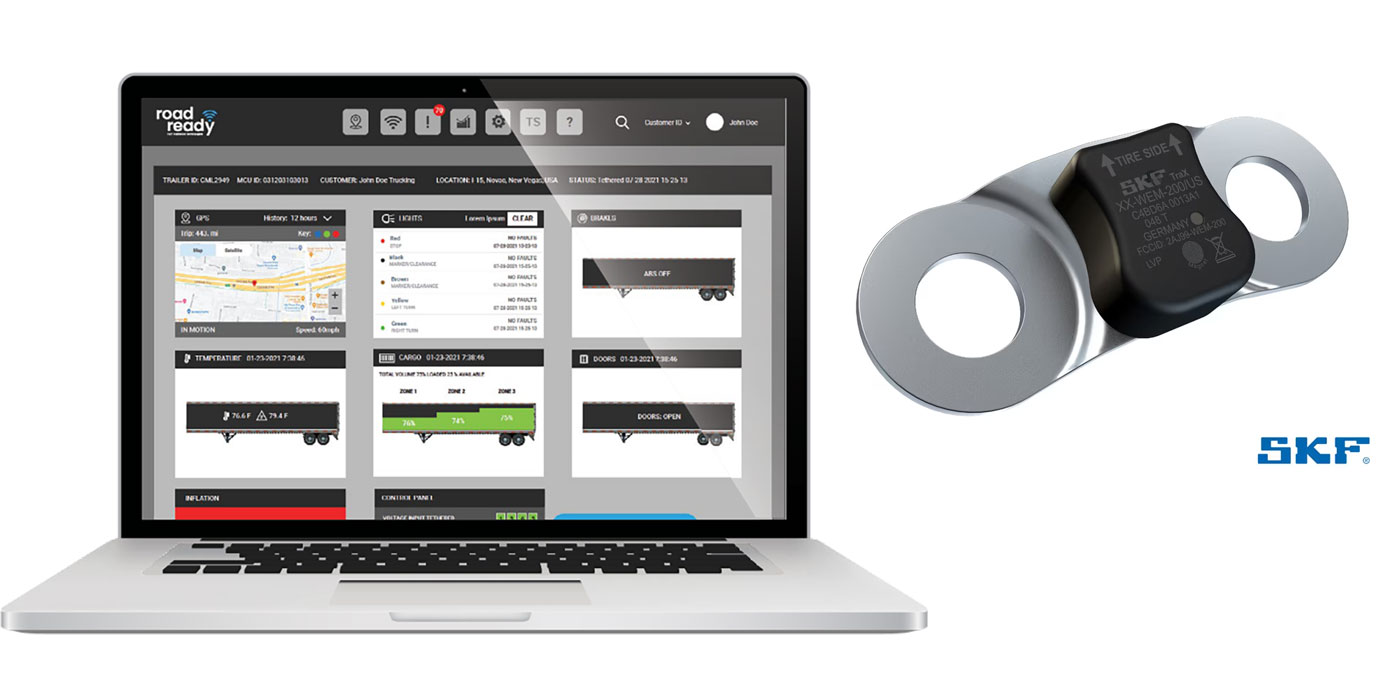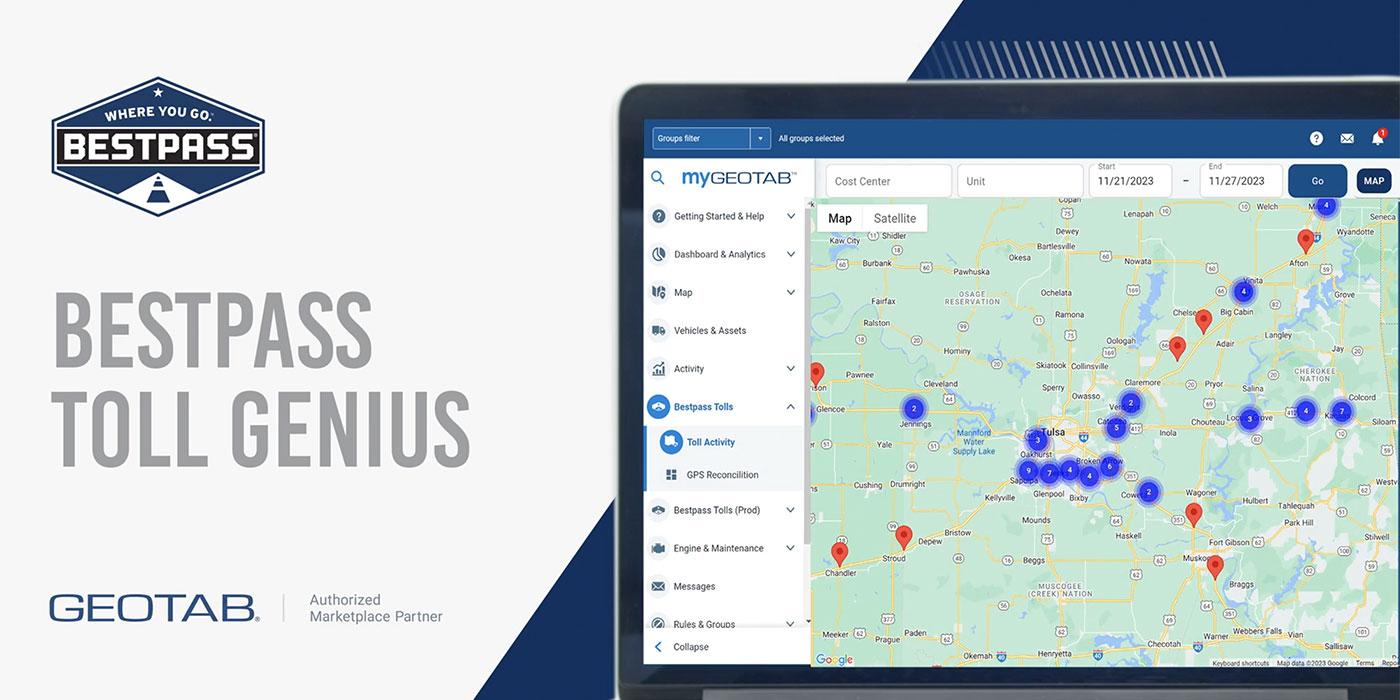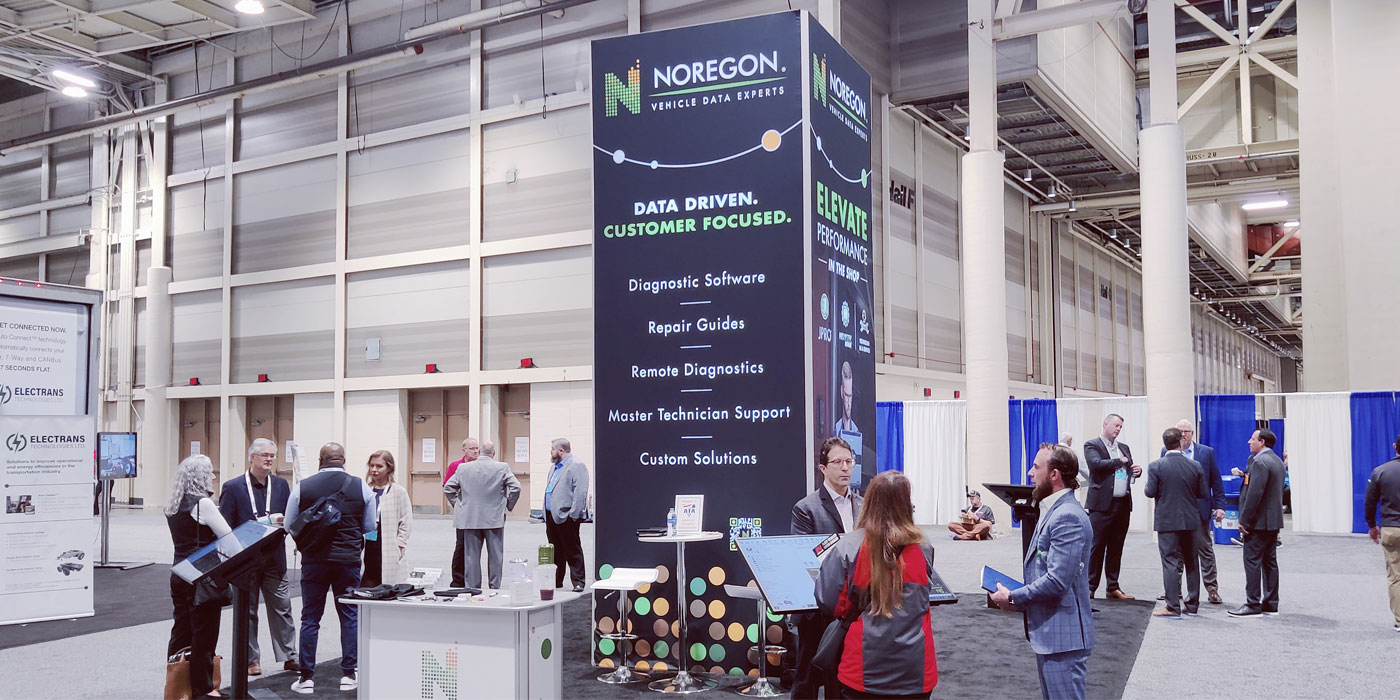It’s been about six months since the ELD mandate went into effect. We’ve all read about vendors scrambling to manage unexpected traffic loads, frustrated drivers still trying to learn how to use the new technology, and increasing questions about how businesses and inspectors will take into account situations beyond a driver’s control (e.g., being stuck in traffic and HOS, etc.). This maelstrom of confusion was to be expected with the new regulations—any time there’s a new law or piece of legislation that impacts our industry, people will have questions and concerns, since non-compliance can impact their business’s bottom line.
Despite being only a few months in, businesses may already suspect that their existing ELD solution isn’t a good fit for their fleet. There are three key warning signs that fleet managers and drivers should take note of in this early stage of implementation—either to help course-correct with their existing vendors or, as a last resort, find a new vendor within the eight-day deadline the FMCSA has given businesses to replace their ELD solution if needed.
1. Lack of service and support
With vehicles on the road at any given time, it’s imperative that a support representative be reachable and responsive to any issues a driver may have. This is the most basic and, yet, crucial kind of support that a vendor should be able to provide and one that a business must have full confidence in. If a driver has a device malfunction in the middle of their route, someone needs to be on the other line of that call to pick up and help. Along with timely roadside support, a vendor should be able to offer in-depth, comprehensive training for fleet managers and drivers at all levels of comfort and knowledge with technology. After all, they developed their solution; they should be able to train users on how to use it accurately.
2. Confusion regarding the mandate and beyond
Because the ELD mandate is so complex and nuanced, vendors should be able to demonstrate a deep understanding of the mandate and how it impacts the business of their customers. Not only are there hundreds of annotations, businesses are expected to be in full compliance now with ELDs or AOBRDS regardless of their own understanding of the legislation. An ELD vendor should act as a partner and have the ability to provide counsel when it comes to staying compliant, and they should be able to show customers how ELDs can further provide positive business changes beyond the mandate.
3. Device Difficulty for Drivers and Enforcement Officers
Is the device easily accessible for roadside view inspections? Are drivers, even ones that are familiar with ELDs, struggling to figure out how to use their devices? Is there a significant lag when a driver tries to enter data? Does the device feel flimsy and not built to stand up to the rigors of trucking? It seems simple enough, but it should be noted that an ELD device needs to be easy to use for people both inside and outside the vehicle, and should be built to last. If the learning curve seems too high or too lengthy for drivers to overcome in a relatively short amount of time, then it’s not designed for ease of use. The last thing a driver should worry about during an inspection is for law enforcement to have issues with the device, or getting cited for not displaying it properly.
The old adage “better late than never” applies here: the mandate is new and everyone is still adjusting, making it imperative that fleet managers keep a close eye on their ELD vendor and whether or not the solution they chose meets the needs of their drivers and the business. One or two issues may be resolved with a simple conversation about expectations, but if a fleet manager experiences multiple red flags, like a lag or even absence of customer service support, a vendor having trouble answering simple questions about the mandate, or even ongoing device issues, it may be time to consider other vendors.
This article was contributed by Fred Fakkema, vice president of compliance at Zonar.

